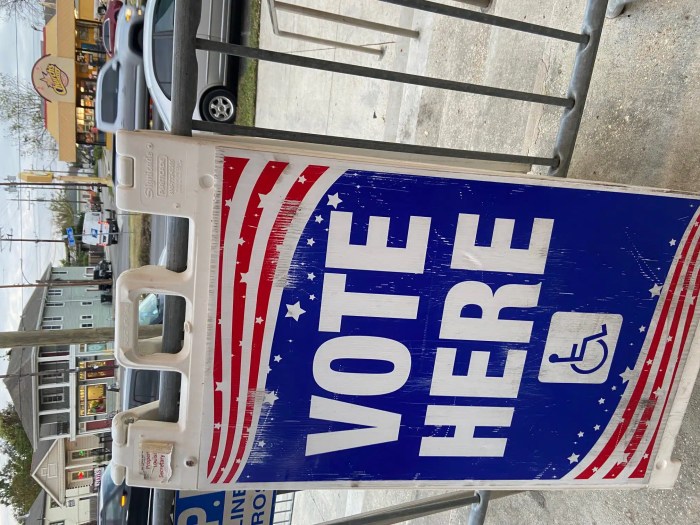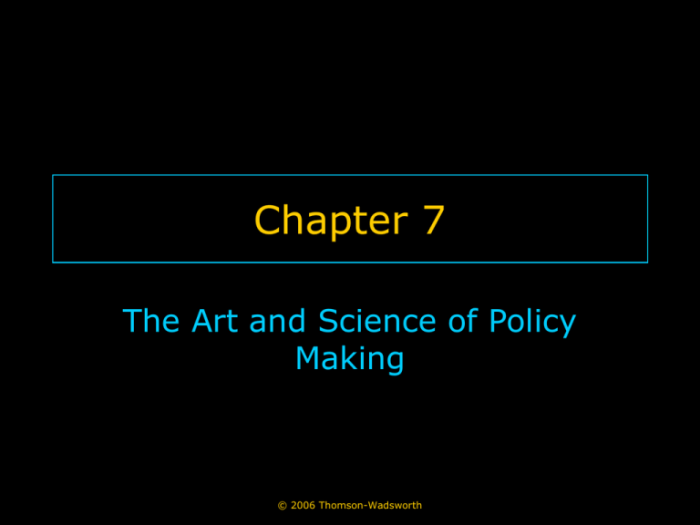Which statement about political action committees is true – Political action committees (PACs) are organizations that raise and spend money to influence elections. They play a significant role in the American political system, and their activities have been the subject of much debate. This article will provide an overview of PACs, including their purpose, function, funding, influence on elections, regulation, and ethical considerations.
Definition of Political Action Committees (PACs)

Political Action Committees (PACs) are organizations that raise and spend money to influence elections. They are formed by individuals, corporations, unions, and other groups that share common political goals.
The purpose of PACs is to support candidates and causes that align with their interests. They do this by donating money to candidates, running independent campaigns, and engaging in other activities to promote their preferred outcomes.
Types of PACs
There are two main types of PACs:
- Candidate PACs: These PACs are affiliated with a specific candidate or officeholder and can only raise and spend money to support that candidate or officeholder.
- Non-candidate PACs: These PACs are not affiliated with a specific candidate or officeholder and can raise and spend money to support multiple candidates or causes.
Well-Known PACs
Some well-known PACs include:
- American Israel Public Affairs Committee (AIPAC): A pro-Israel PAC
- National Rifle Association (NRA): A pro-gun rights PAC
- Sierra Club: An environmental PAC
Funding and Campaign Finance: Which Statement About Political Action Committees Is True

PACs raise money from individuals, corporations, unions, and other groups. The amount of money that a PAC can raise is limited by law.
PACs can spend their money on a variety of activities, including:
- Contributions to candidates
- Independent expenditures: Ads that advocate for or against a candidate without coordinating with the candidate’s campaign
- Voter registration and get-out-the-vote efforts
Limits on PAC Contributions, Which statement about political action committees is true
The amount of money that a PAC can contribute to a candidate is limited by law. The limits vary depending on the type of election and the type of PAC.
For example, a candidate PAC can contribute up to $5,000 per election to a candidate for federal office. A non-candidate PAC can contribute up to $10,000 per election to a candidate for federal office.
Controversies Related to PAC Funding
PACs have been involved in a number of controversies related to their funding practices. Some critics argue that PACs give too much money to candidates and that this money can influence the outcome of elections.
For example, in 2010, the Supreme Court ruled in Citizens United v. Federal Election Commissionthat corporations and unions have the same right as individuals to spend money on political campaigns.
Quick FAQs
What is the purpose of a PAC?
PACs are organizations that raise and spend money to influence elections. They can support or oppose specific candidates or parties, or they can advocate for particular issues.
How are PACs funded?
PACs are funded by contributions from individuals, corporations, and unions. There are limits on how much money individuals and organizations can contribute to PACs.
What is the impact of PACs on elections?
PACs can have a significant impact on elections. They can provide financial support to candidates, which can help them get their message out to voters. They can also run advertising campaigns that support or oppose candidates.
